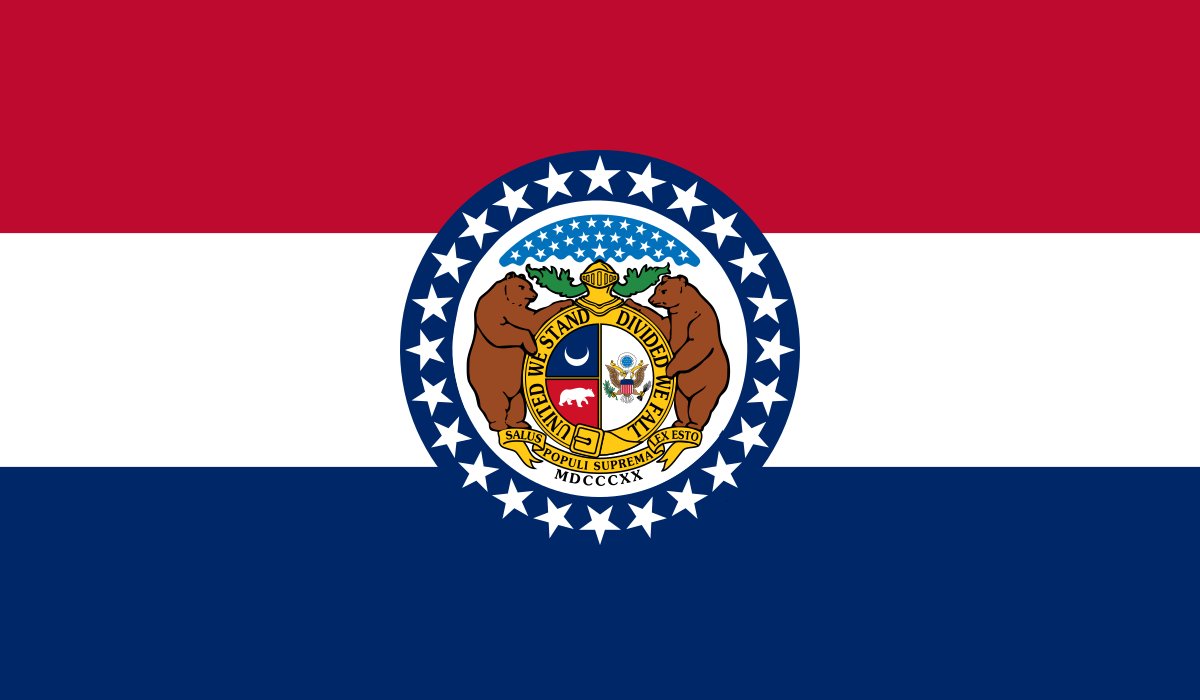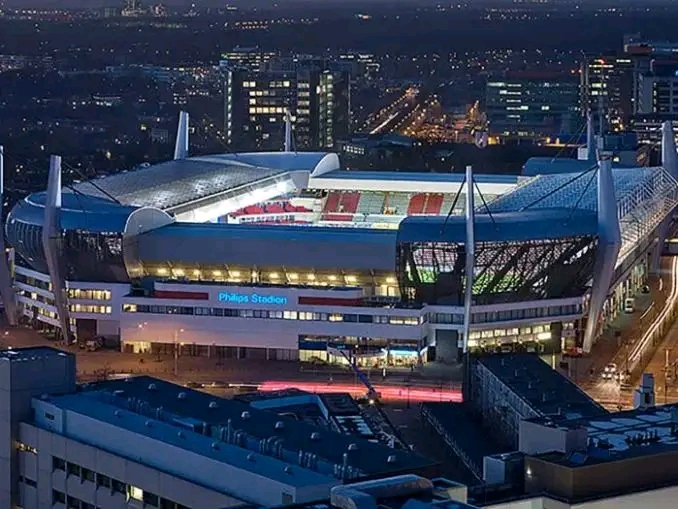
Lawmakers in Missouri are preparing for a high-stakes showdown as the state gears up for a Special Session of the Legislature focused on redrawing congressional boundaries ahead of the 2026 midterm elections. The move comes as Republican leaders seek to consolidate their advantage in the state’s delegation to the U.S. House of Representatives, a push that has already sparked intense debate about representation, partisanship, and the broader implications for the balance of power in Washington.
Missouri currently holds a 6–2 Republican advantage in its congressional delegation, but some party strategists have been advocating for a more aggressive map that could secure a 7–1 split by weakening the lone Democratic stronghold in the St. Louis area. To achieve that, Republicans would need to redraw district lines in ways that dilute Democratic-leaning voters, a tactic often criticized as gerrymandering. Critics argue that such an approach would unfairly marginalize large segments of the electorate and undermine competitive elections.
Governor Mike Parson is expected to call lawmakers back into session to address the issue, a move designed to ensure that the party has ample time to craft and pass new district lines well before the next election cycle. Republican leadership in both chambers has signaled its willingness to press forward, framing the effort as necessary to reflect the state’s conservative majority and to strengthen Missouri’s role in shaping national politics.
Democrats, however, have condemned the plan as an overt power grab. They warn that forcing through a heavily partisan map would not only disenfranchise urban and minority voters but could also invite costly legal challenges that might delay implementation. Civil rights groups and voting rights advocates have already hinted at the possibility of lawsuits if the legislature moves forward with a map seen as unfairly skewed.
The special session will also test the unity of the Republican caucus itself. While many members favor an aggressive approach to lock in additional seats, some moderates and pragmatists worry that pushing too far could backfire, either by prompting judicial intervention or by energizing Democratic turnout in key districts. This tension mirrors debates that have played out in other Republican-controlled states where redistricting has become a central battleground.
Beyond state politics, the implications of Missouri’s map stretch to the national stage. With control of the U.S. House often coming down to just a handful of seats, even a single shift in Missouri’s delegation could play an outsized role in determining which party holds the gavel in Washington after 2026. For Republicans, the opportunity to secure an additional seat represents a strategic gain; for Democrats, it is a warning sign about the growing influence of partisan redistricting in shaping the nation’s political landscape.
The outcome of the special session will likely shape Missouri politics for the rest of the decade. If Republicans succeed in passing a 7–1 map, it would cement their dominance in the state’s federal delegation and send a strong signal about the party’s determination to maximize its advantages. If the effort falters, however, it could embolden Democrats and spark renewed debate about the need for independent redistricting commissions or reforms to curb partisan influence.
As the session approaches, both parties are preparing for an intense fight, with the future of Missouri’s political representation—and its influence on the national balance of power—hanging in the balance.
Would you like me to also break down how Missouri’s current districts are drawn and where Republicans might try to redraw boundaries to reach a 7–1 map?






